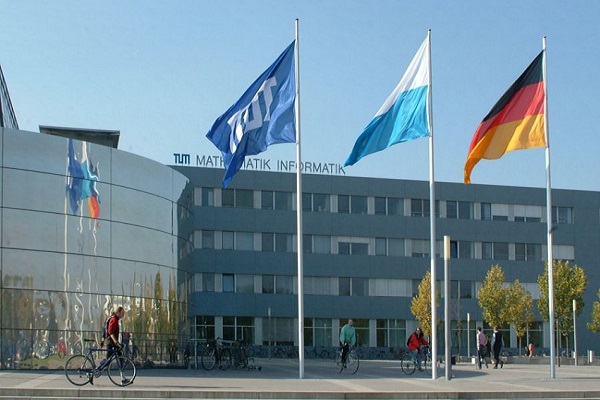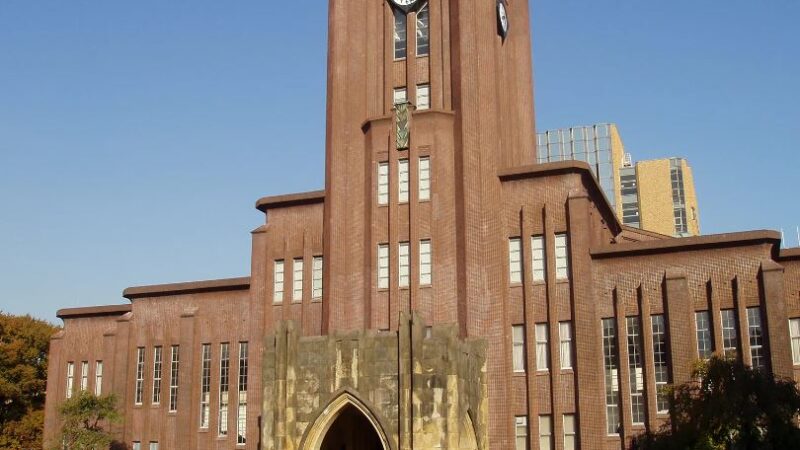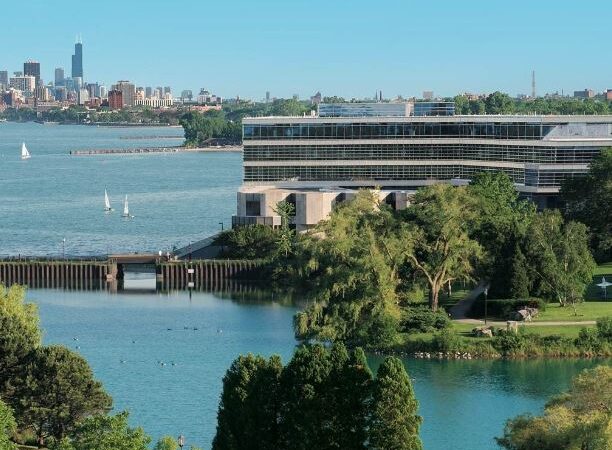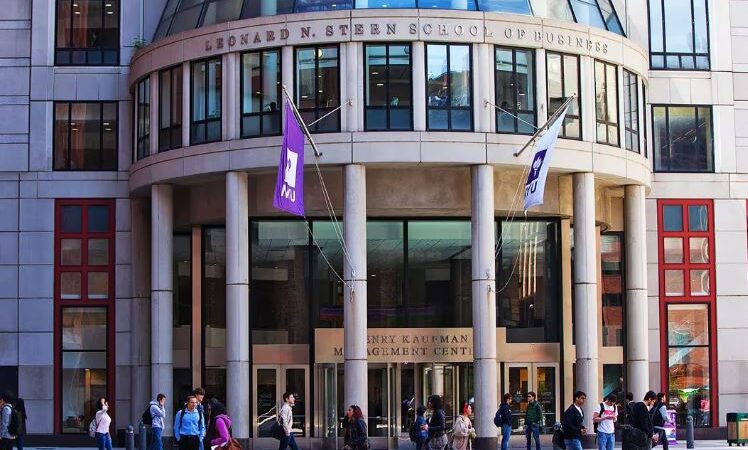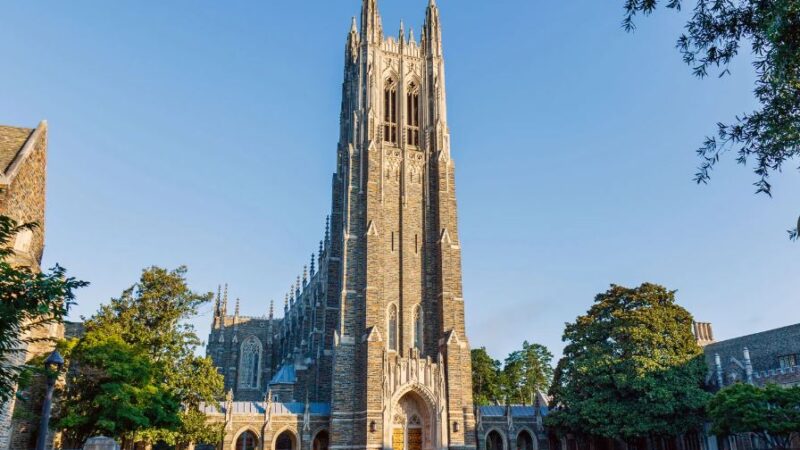Harvard University: A Legacy of Excellence and Innovation
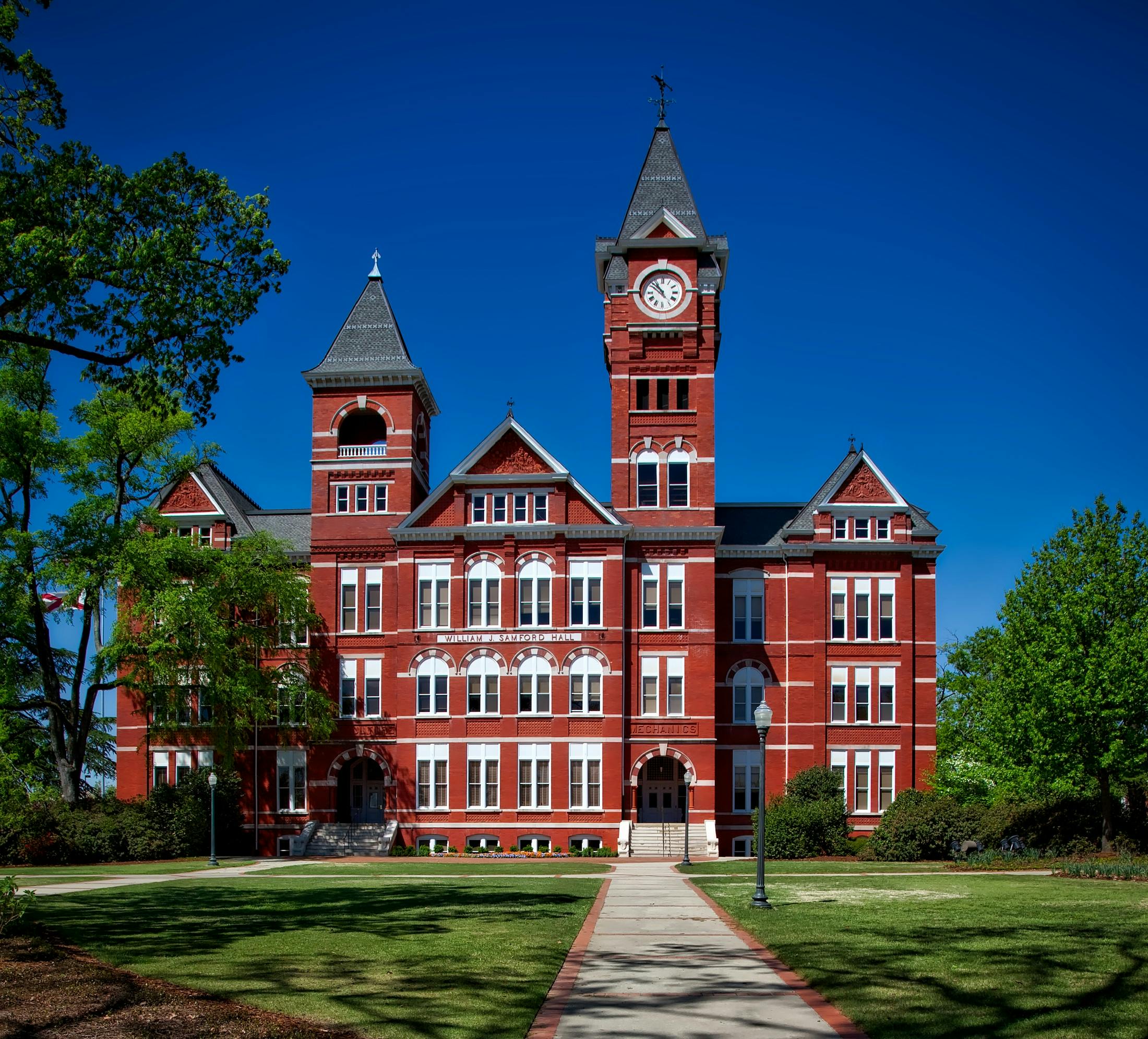
Harvard University stands as a pinnacle of academic excellence and innovation, a beacon of knowledge whose influence extends far beyond the verdant expanses of its Cambridge, Massachusetts campus. Established in 1636, Harvard is the oldest institution of higher learning in the United States, and its storied history is interwoven with the evolution of American society and global intellectual progress. This article delves into the myriad aspects of Harvard University, exploring its history, academic prowess, cultural impact, and its ongoing commitment to addressing contemporary challenges.
Historical Foundations and Evolution
Harvard University was founded on September 8, 1636, by the Great and General Court of the Massachusetts Bay Colony. Originally named “New College” or “the college at New Towne,” it was renamed Harvard College in 1639 in honor of its first benefactor, John Harvard, a young minister who bequeathed half of his estate and his library of approximately 400 books to the institution.
The early curriculum was heavily influenced by the Puritan ethos, emphasizing classical studies and the preparation of clergymen. However, the college quickly expanded its academic horizons. By the 18th century, Harvard had begun to shed its theological focus, embracing the Enlightenment ideals of reason and science. This period marked the beginning of Harvard’s transformation into a modern research university.
The 19th century was a time of significant change, as Harvard diversified its academic offerings and admitted its first cohort of international students. The appointment of Charles William Eliot as president in 1869 marked a pivotal moment. Eliot’s 40-year tenure saw the introduction of the elective system, allowing students unprecedented freedom to choose their courses, thus promoting a broader and more flexible educational experience.
Academic Excellence and Innovation
Harvard’s academic structure is a complex tapestry woven from various faculties, schools, and departments. It comprises the undergraduate Harvard College, 12 graduate and professional schools, and the Radcliffe Institute for Advanced Study. Harvard College, the heart of the university, offers a liberal arts education that emphasizes critical thinking, creativity, and a broad base of knowledge.
The graduate and professional schools at Harvard include the renowned Harvard Business School (HBS), Harvard Law School (HLS), Harvard Medical School (HMS), and Harvard Kennedy School (HKS). Each of these schools is a leader in its respective field, contributing to Harvard’s reputation for academic excellence.
Harvard’s commitment to research is exemplified by its numerous research institutes and centers. The university’s libraries hold the largest academic collection in the world, with over 20 million volumes. Harvard researchers have made groundbreaking contributions in fields ranging from medicine and science to the humanities and social sciences. The discovery of the polio vaccine, the development of the internet, and advancements in artificial intelligence are just a few examples of Harvard’s impact on global knowledge and innovation.
Cultural and Social Impact

Harvard’s influence extends far beyond academia. Its alumni network includes numerous U.S. presidents, foreign heads of state, Nobel laureates, Pulitzer Prize winners, and leaders in every conceivable field. The university has produced eight U.S. presidents, including John Adams, Franklin D. Roosevelt, and John F. Kennedy, as well as many influential thinkers like Henry David Thoreau, W.E.B. Du Bois, and Helen Keller.
The cultural impact of Harvard is also profound. The Harvard Art Museums, the Harvard Museum of Natural History, and the Harvard Film Archive are just a few of the cultural institutions that enrich the intellectual and cultural life of the university and the wider community. Harvard’s libraries, including the Widener Library and the Schlesinger Library on the History of Women in America, are invaluable resources for scholars worldwide.
Harvard has also been a crucible for social change. The university played a significant role in the abolitionist movement, the civil rights movement, and the fight for gender equality. In recent years, Harvard has been at the forefront of efforts to address climate change, social justice, and global health challenges.
Contemporary Challenges and Commitments
As a leading institution, Harvard faces several contemporary challenges, including issues of accessibility, diversity, and sustainability. The university has made significant strides in these areas, but continues to work towards greater inclusivity and equity.
Accessibility and Financial Aid
Harvard is committed to ensuring that financial barriers do not prevent talented students from attending. The Harvard Financial Aid Initiative (HFAI) provides need-based aid to undergraduates, ensuring that families with incomes below a certain threshold are not required to contribute to the cost of their child’s education. Approximately 55% of Harvard College students receive need-based scholarships, with the average grant being over $50,000 per year. This commitment to financial aid helps to attract a diverse student body from all socioeconomic backgrounds.
Diversity and Inclusion
Diversity and inclusion are central to Harvard’s mission. The university has implemented numerous initiatives to create a more inclusive environment for students, faculty, and staff. These efforts include the establishment of the Office for Equity, Diversity, and Inclusion, which develops policies and programs to promote a diverse community. Harvard also actively recruits students from underrepresented backgrounds and offers support through various affinity groups and cultural organizations.
Sustainability and Environmental Responsibility
Harvard is dedicated to sustainability and environmental stewardship. The university has pledged to achieve fossil fuel neutrality by 2026 and to be fossil fuel-free by 2050. This commitment is part of a broader strategy to reduce greenhouse gas emissions, increase energy efficiency, and promote sustainable practices across campus. Harvard’s sustainability initiatives include green building standards, waste reduction programs, and research on climate change and renewable energy.
The Harvard Experience
The Harvard experience is characterized by a rigorous academic environment, a vibrant campus life, and a commitment to service. Students are encouraged to pursue their passions, engage in interdisciplinary studies, and contribute to the global community.
Academics and Research
Harvard’s academic environment is both challenging and supportive. Students have access to world-class faculty, cutting-edge research facilities, and a wealth of resources. The university encourages interdisciplinary collaboration, allowing students to explore the intersections of different fields and develop innovative solutions to complex problems.
Research is a cornerstone of the Harvard experience. Undergraduate students have opportunities to engage in research projects, working alongside faculty members and graduate students. This hands-on experience is invaluable in preparing students for future careers and graduate studies.
Campus Life
Life at Harvard is vibrant and diverse. The university offers a wide range of extracurricular activities, from student organizations and clubs to sports and arts. The House system, modeled after the residential colleges at Oxford and Cambridge, provides a supportive community for undergraduates. Each House has its own unique culture and traditions, fostering a sense of belonging and camaraderie among students.
Harvard’s location in Cambridge, just across the Charles River from Boston, offers students access to a rich array of cultural, social, and recreational opportunities. The proximity to other leading institutions, such as MIT, further enhances the intellectual vibrancy of the area.
Service and Leadership
Service to society is a core value at Harvard. The university encourages students to engage in public service and leadership activities, both locally and globally. The Phillips Brooks House Association (PBHA), Harvard’s largest student-run service organization, offers numerous volunteer opportunities in areas such as education, health, and social justice. Harvard students also participate in global service initiatives, applying their knowledge and skills to address pressing challenges around the world.
Conclusion
Harvard University’s enduring legacy is a testament to its unwavering commitment to excellence, innovation, and societal impact. From its humble beginnings as a small college in the Massachusetts Bay Colony to its current status as a global leader in education and research, Harvard has continually evolved to meet the needs of a changing world. Its rich history, academic prowess, cultural influence, and dedication to addressing contemporary challenges ensure that Harvard will remain at the forefront of higher education for generations to come.
The Harvard experience is more than just an education; it is an immersion in a community dedicated to the pursuit of knowledge, the advancement of society, and the betterment of the human condition. As Harvard continues to shape the future, it remains a beacon of hope and a catalyst for positive change in a rapidly evolving world.
